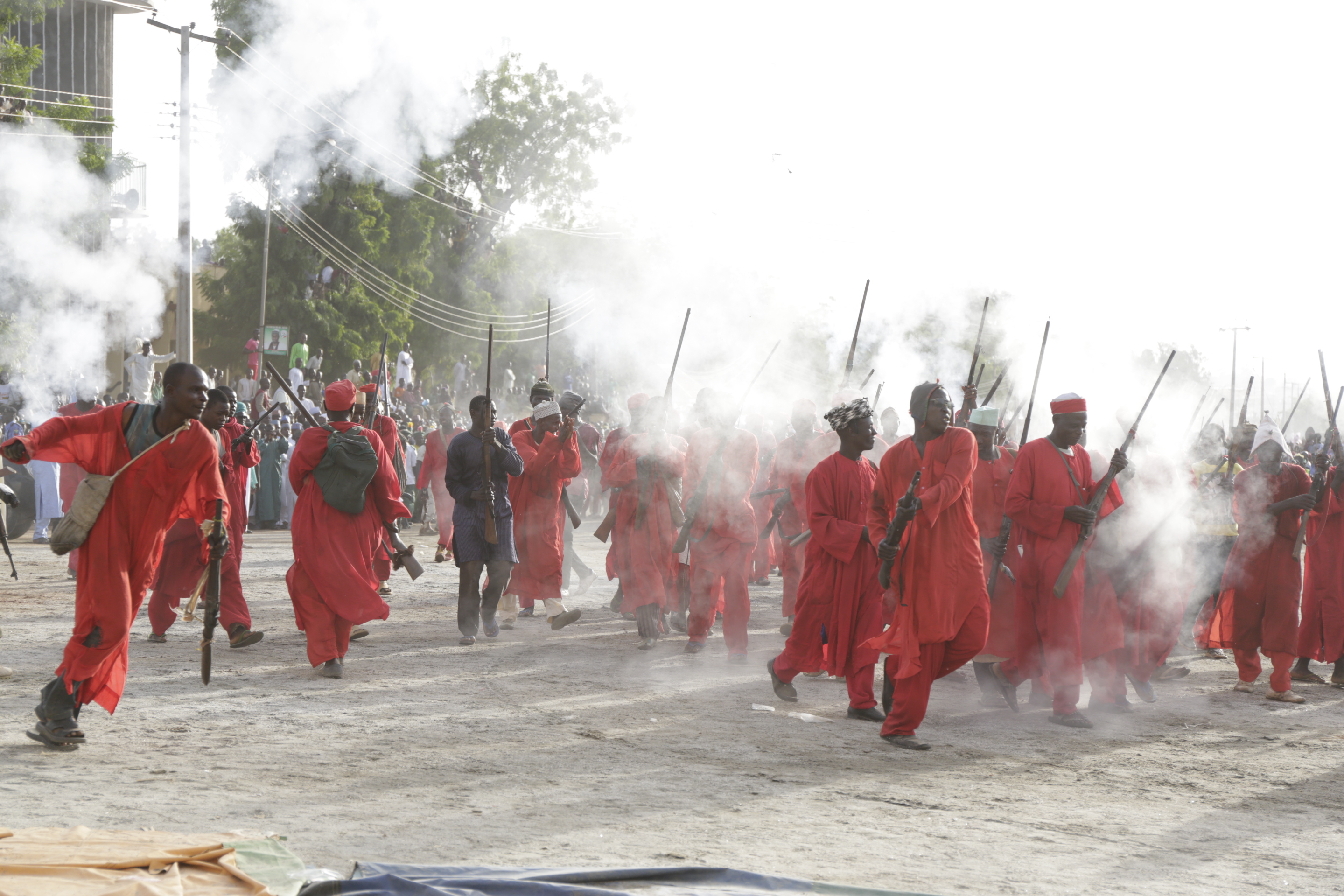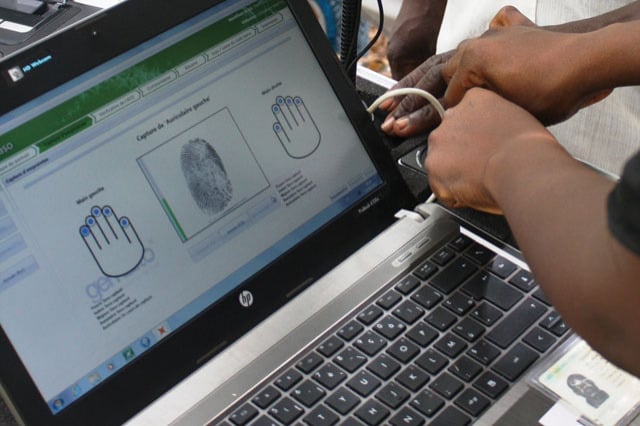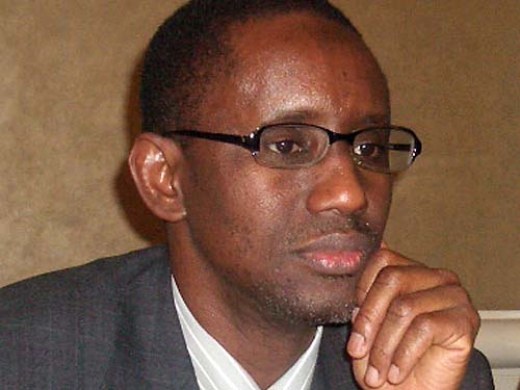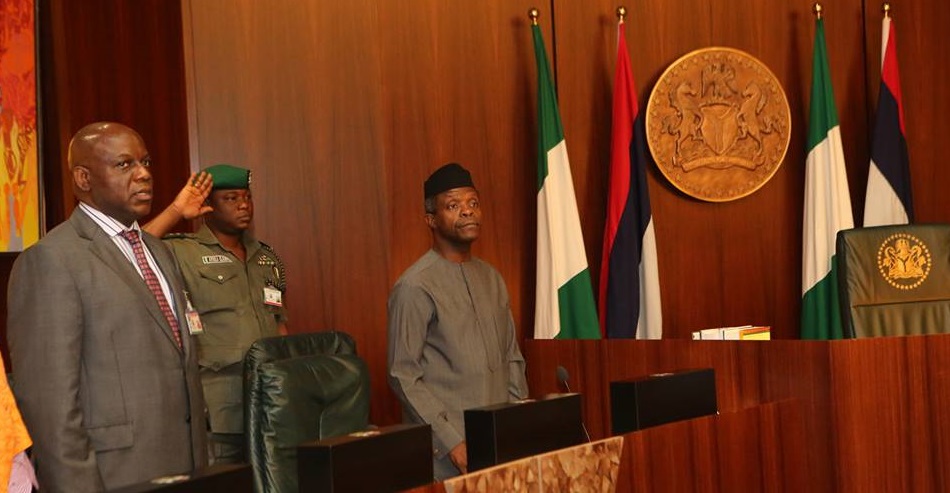Against the backdrop of increased level of socio-economic issues in Nigeria and beyond, a first solo photo exhibition, “Everyday People”, by Yunusa Tanko Abdullahi is billed to take place to shed some light and further the discussion on the need to visually document human developments, complexities nay intricacies in the country.
The exhibition, which is slated to run at 5 p.m. prompt between 19 and 23 August, 2015, will take place at Thought Pyramid Arts Centre, Libreville Crescent, Off Aminu Kano Crescent, Wuse 2, Abuja.
This exhibition, according to Abdullahi, is an attempt to document his relationship with his subjects during his years of interaction as a photographer.
“It is my own way of helping to make a call for change in the affairs of the people as an advocacy through this visual art form,” he said.
Advertisement
“My works are meant to, in an instant, show the impact of the issues of lives of people, the different geographical contexts, the cultural and professional backgrounds of the people that I photographed. Everyday, as I walk or drive around, I take pictures of people in the streets. I look for those fleeting moments when human emotions and physical surroundings combine to create stories of joy, sorrow, contradictions, absurdity, anger, humour and real life situations.
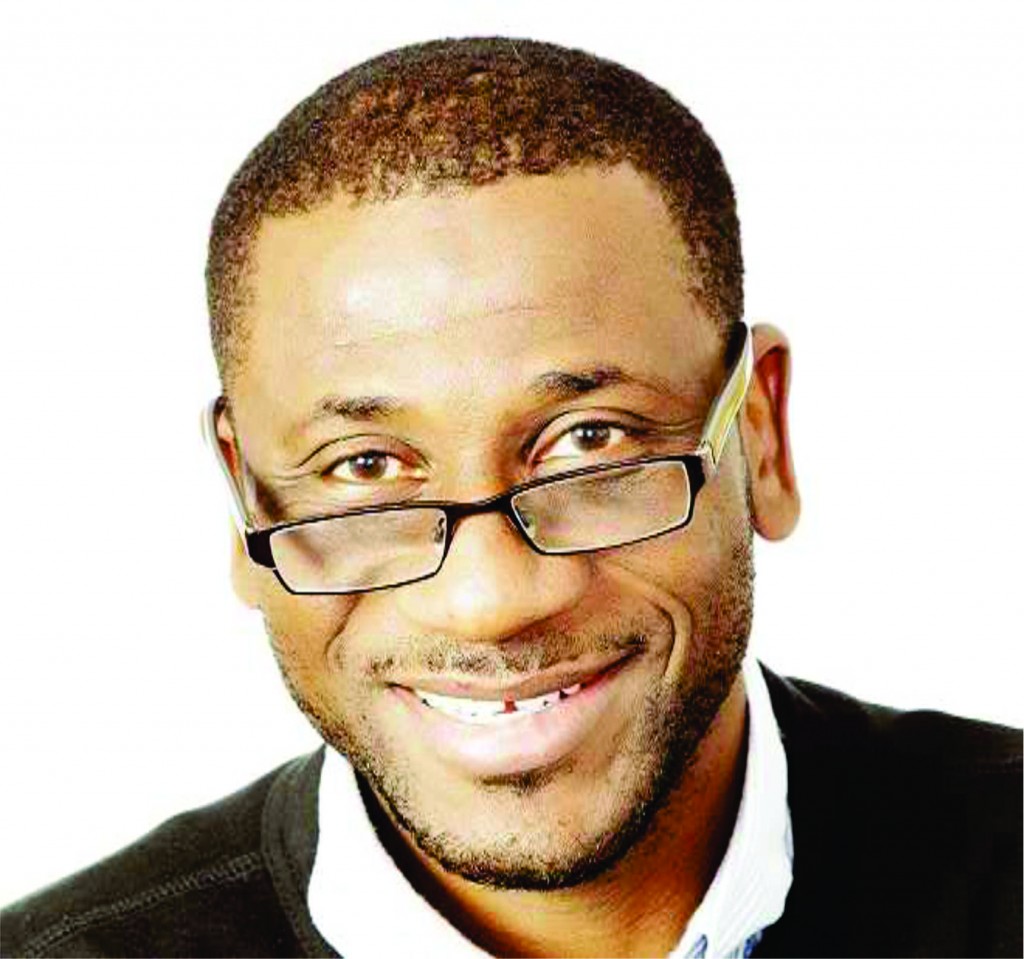
“Photography, for me, therefore, is to document images that speak of a major social significance. There are lots of artists who believe in ‘arts for arts’ sake’. I don’t think photography should be purely for decorating the walls. It should be much more than that.”
Abdullahi is not oblivious of the fact that photography has developed from a mere technological tool to a powerful agent of social change. And that it has grown from an act of curiosity and hobby to a professional practice which has become an important part of our lives.
Advertisement
As a social documentary photographer, the idea, according to him, is to portray the different circumstances of his subject in order to correct it and bring about reforms. He says photography can be a powerful tool for advocacy, unlike text or video, it carries a large amount of information in an instant and easily interpretative albeit from different perspectives.
Going memory lane, he said: “I started liking photos as a child but the passion grew when I joined the Nigerian Television Authority (NTA) as a producer. That opened my eyes to the power of the camera. In 1998, when I travelled to France for the World Cup fiesta, the first item I bought as a memorabilia was a YASHICA film camera. I still have that camera.”
Photography, in his view, is an encounter between the photographer and the photographed. It happens everywhere: in the street, on the road, in the home and in studios, which is the traditional home of portraiture.
Advertisement
Add a comment
